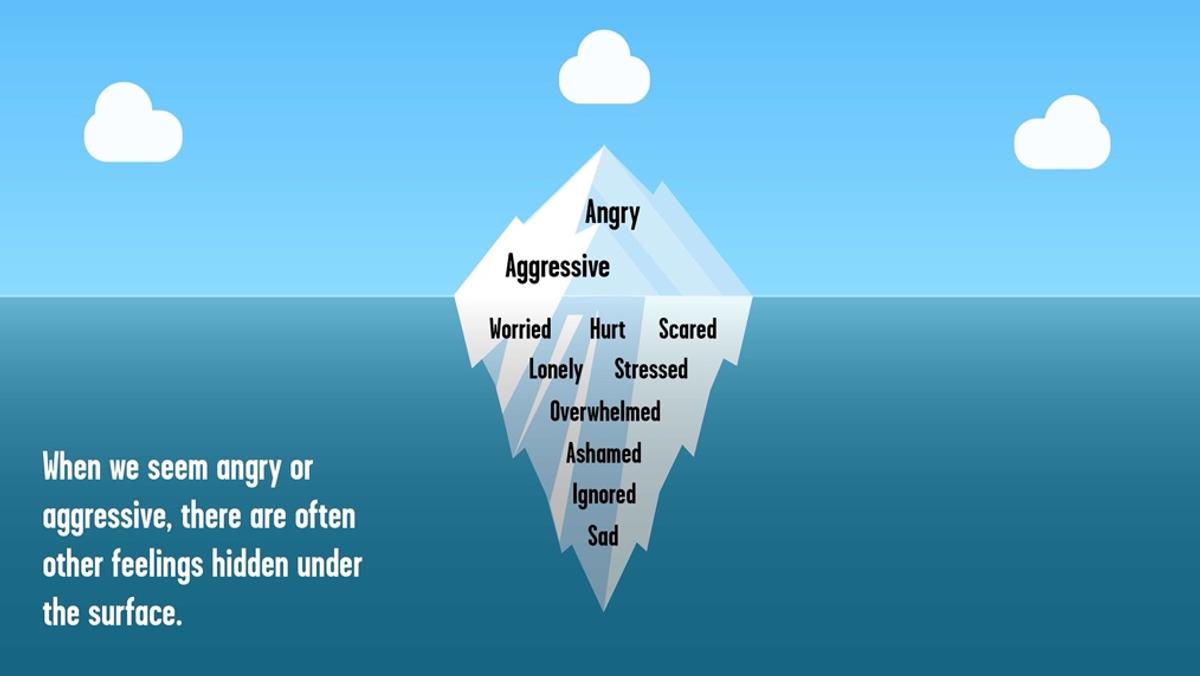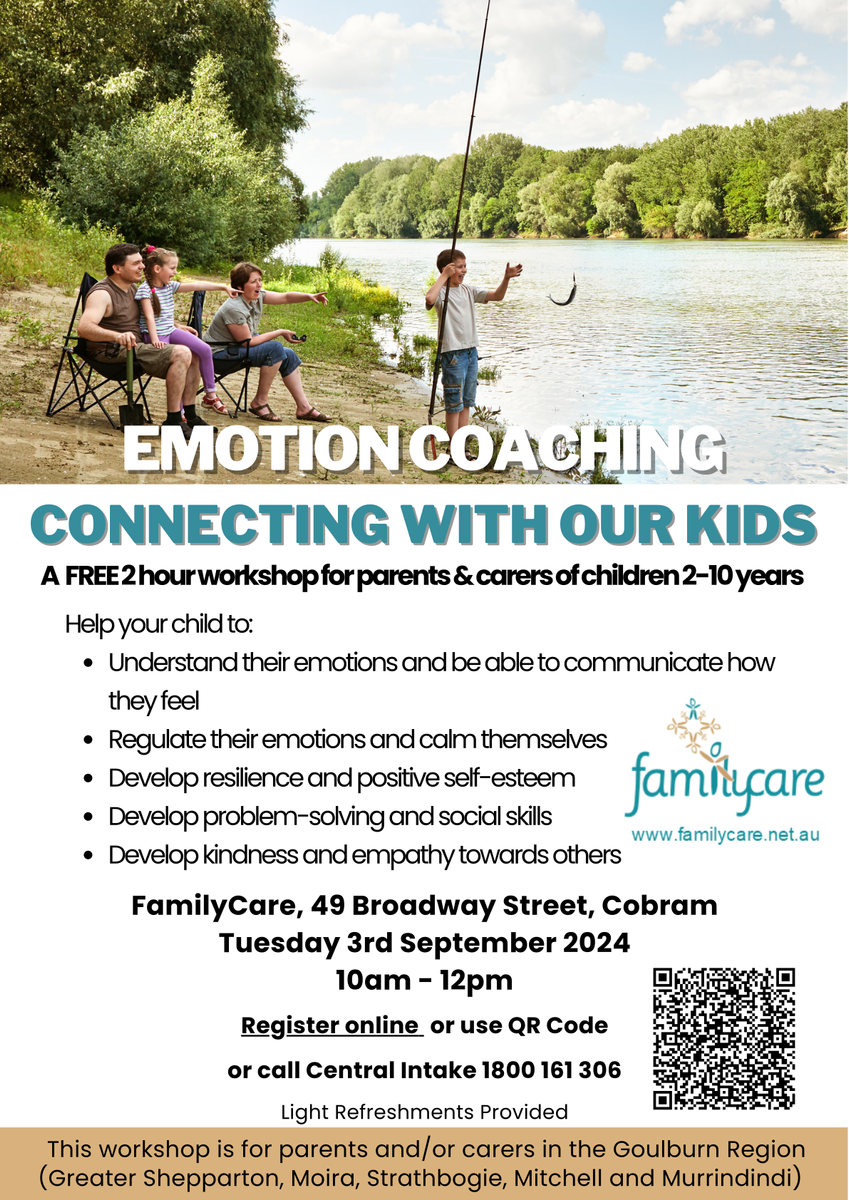Wellbeing Hub

Parenting is a rewarding, yet challenging task. When your child’s behaviour is challenging, it may feel exhausting, frustrating and confusing. All parents experience these times but remember that things change constantly and there will be improvement again soon.
Examples of challenging behaviour include:
- having lots of angry outbursts or ‘tantrums’
- regularly shouting, swearing, hitting, biting or kicking
- kicking, hitting, smashing or damaging things in the home
- regularly refusing boundaries and routines, including not wanting to respond to reasonable requests
- being impulsive and taking physical risks
- blaming others for their behaviour
- bullying or being unkind towards others
- persistently getting into trouble at school
- refusing to engage in conversations about what’s going on
Why might we see these behaviours?
Difficult behaviours are often our children’s way of communicating their feelings to us. Try to be curious about their behaviour. It is not a reflection of your parenting; they are learning regulation and communication strategies and will need support to handle their feelings safely.
Ways to manage your child’s behaviour:
- Use simple phrasing- "I notice there is a lot of shouting happening."
- Make it clear that it is the behaviour that is the problem not them or their feelings
- Explain why the behaviour is not ok
- Set a calm and firm boundary- “We need to sit at the table to eat”
- Give choice to your child where possible- “Would you like this seat or that one?”
- Be curious and non-judgemental; show empathy to their feelings (even if you think the behaviour is unreasonable)
- Follow through with any consequences (they will know that you will hold the boundary for the next time when something doesn’t go their way)
- Change the atmosphere- if you are entering into a conflict negotiation and you have time, offer to play a short game, kick/throw the ball or make a time to catch up and spend 10 minutes of uninterrupted connection time (where possible) with your child.
- Seek support from your school, GP or family service providers when you need to *Your family’s mental health and emotional needs are important too.
Be kind to yourself. Remember that you are doing your best, even if you think you could have handled something differently. Be honest with your child and apologise if you feel you need to, this will help develop a deeper connection with your child and enhance your relationship.
References:
Challenging Behaviour | Parents' Guide To Support | YoungMinds
Resources:
Podcasts (available via Spotify)
Calm Parenting Podcast with Kirk Martin
How Other Dads Dad with Hamish Blake
Good Inside with Dr. Becky
Audio book
Mothering Our Boys- Maggie Dent
Girlhood- Maggie Dent
Help Me Help My Teen- Maggie Dent
The Resilience Project- Hugh Van Cuylenburg
Good Inside- Dr. Becky Kennedy
Websites
Parenting Network- Raising Children Network
Raising Healthy Minds App- Raising Healthy Minds app | Raising Children Network


